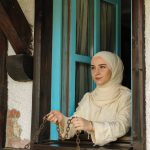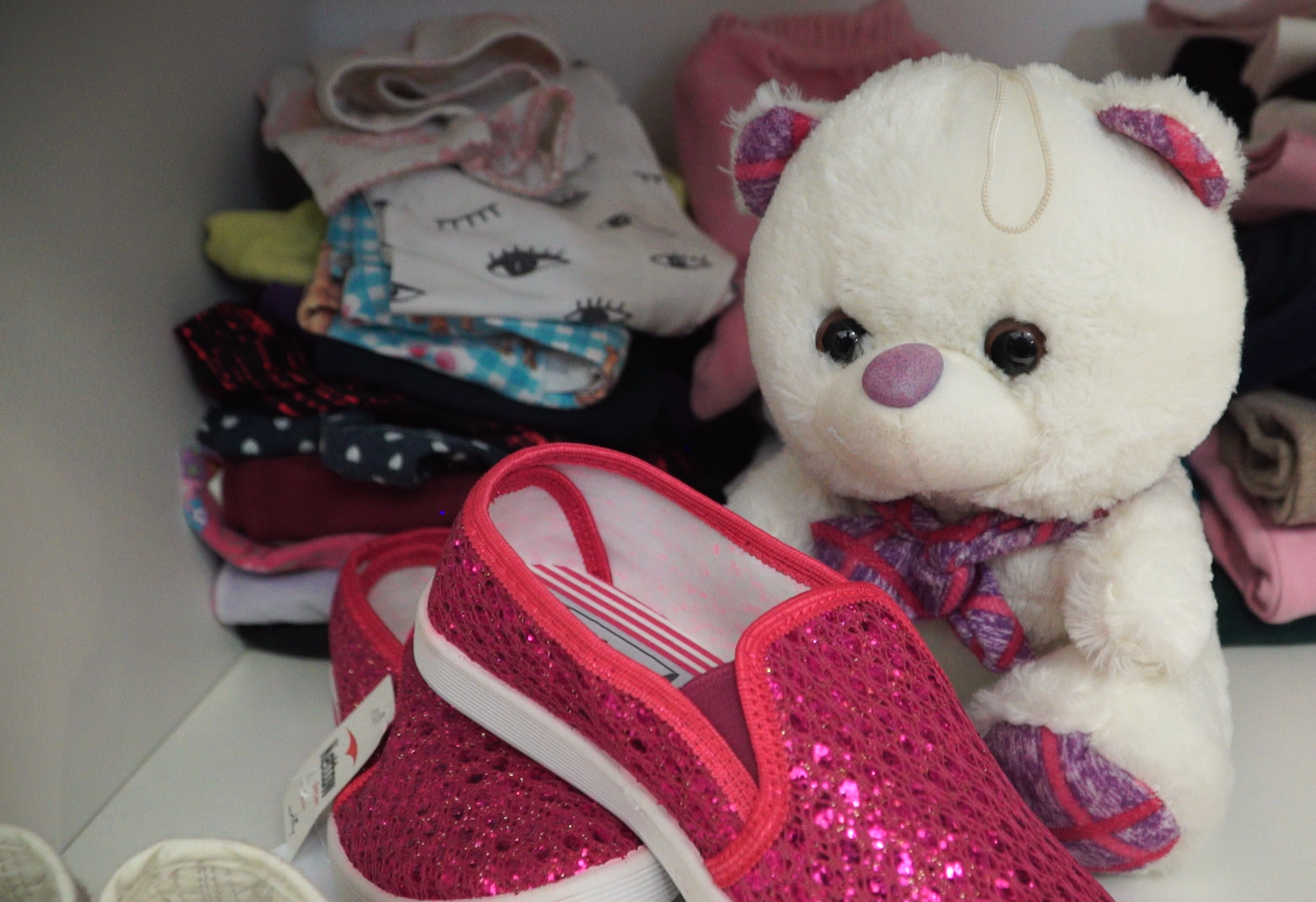
Once they reach 18 and leave the orphanages in which they grew up, children without parental care as well as those with developmental difficulties are left on their own and, in the process, they face rejection by their communities.
The association Naša Djeca (Our Kids) from Mostar gives them the necessary education and support to build a life on their own.
Albina Sinani was left at an orphanage six days after she was born. She stayed there until she turned 18, and from that moment on, her real torments began. “There were difficult situations, ups and downs, because I had no support from the state or from anyone. I thought there was no one by my side and then they showed up and helped me,” Sinani said.
The people who showed up and helped Sinana were from Naša Djeca. They saw the lack of institutional support for underaged children without parental care and people with disabilities, so they decided to support them by teaching them how to build lives.
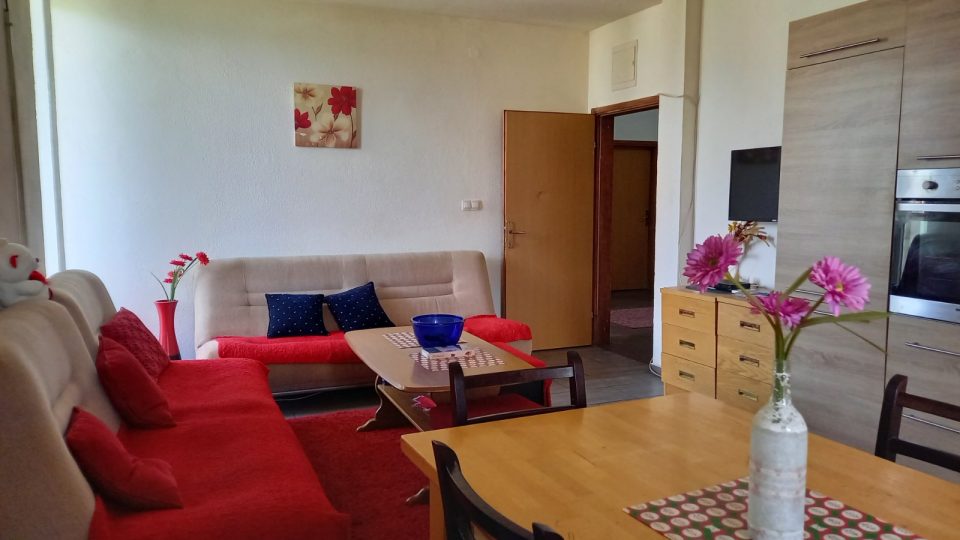
After being part of Naša Djeca, Sinani became independent and has been living alone for six years. She also works hard in a boutique which is her greatest source of hope. Sinani’s greatest wish is to finish school and continue to fight through life. “I don’t think you need to give up on anything. Just whatever you do, do it with your head held high and don’t rely on anyone,” Sinani said.
Adis Gaš, age 26, is another beneficiary of the association. He is in charge of maintaining the Association’s premises and the yard. The association means a lot to him, and he has already gained many skills. He is looking forward to working in a café where he will work as a waiter. “My favorite things I learned in this association is everything about cafés and mowing grass,” Gaš said.
Džana Gačanica, whose greatest wish is to study at the Faculty of Law and learn about human rights, is satisfied with her life and stay in Naša Djeca. She went through a difficult phase in life. When she was little, she suffered a burn and had to go to Italy for surgery. Since then, she has been on a special diet. As a representative of the association in the Youth Council with disabilities, Gačanica often visits Sarajevo, which she believes is the most beautiful city. “When I attend the Youth Council meetings, I first prepare a lot,” Gačanica pointed out.
Her current hobby is learning English, and although it’s difficult for her, she isn’t giving up. She also works in a boutique, where her top priority is making sure that the customers are satisfied. “When customers come in, I feel fulfilled and I invite them to come in larger numbers so that we have more work to do,” said Gačanica.
Independent life
Naša Djeca was founded in 2012 as an association of citizens and friends of children without parental care and people with disabilities. The first beneficiaries were Džana, Aida, and Zejna, and then it grew into a much larger number of young people. Project manager Sunčica Kragulj said that she is very pleased by their progress, and many of their beneficiaries have already built lives, careers, and families. Meanwhile, people with disabilities need lifelong support.
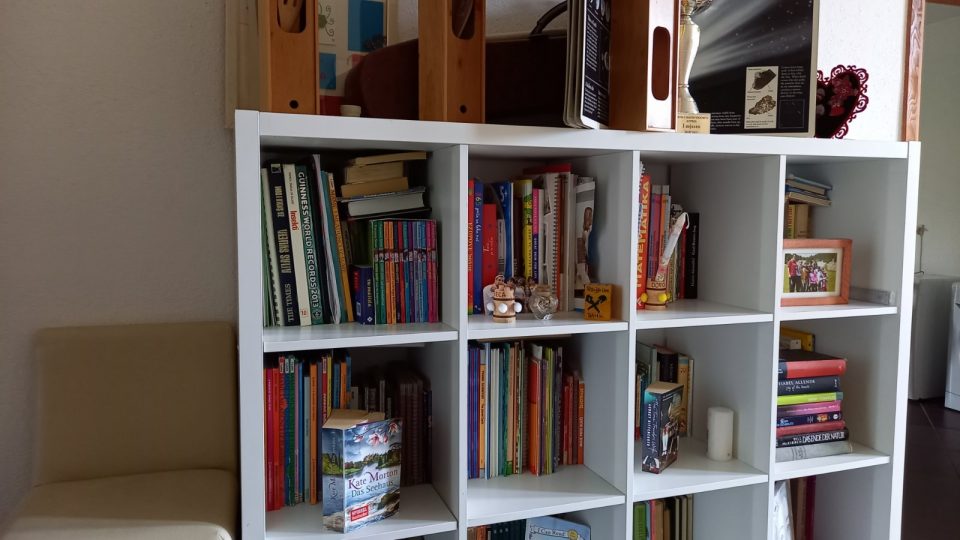
“We help them develop household skills, acquire work habits, find employment, manage money, and everything else necessary for a young person to have an independent life,” Kragulj explains.
Naša Djeca is funded by donations from BiH citizens as well as the diaspora, particularly members living in England and Sweden. Since it is difficult to finance their work through donations alone, they also apply for projects that assist with education and employment in order to strengthen and improve the association.
Lejla Pehilj, an educator at Naša Djeca, explains that beneficiaries must learn basic things and values, so they provide them with everything a young person needs to go through life on their own.
“Our beneficiaries are children with disabilities who have all come from orphanages. In orphanages across our country, the problem is that others do everything for the children. There is someone doing everything for them for 18 years. Then the child is sent into the streets with just a bag,” Pehilj emphasized.
The association works on all aspects of personal development, and after the person acquires certain knowledge and skills, the expert team assesses what occupation they are best suited for. Pehilj said that young people with disabilities have the opportunity to learn work skills, manage obligations, and maintain a job. “They just need to be given a chance, because there are types of jobs that they can do better than a person without any disability,” Pehilj said.
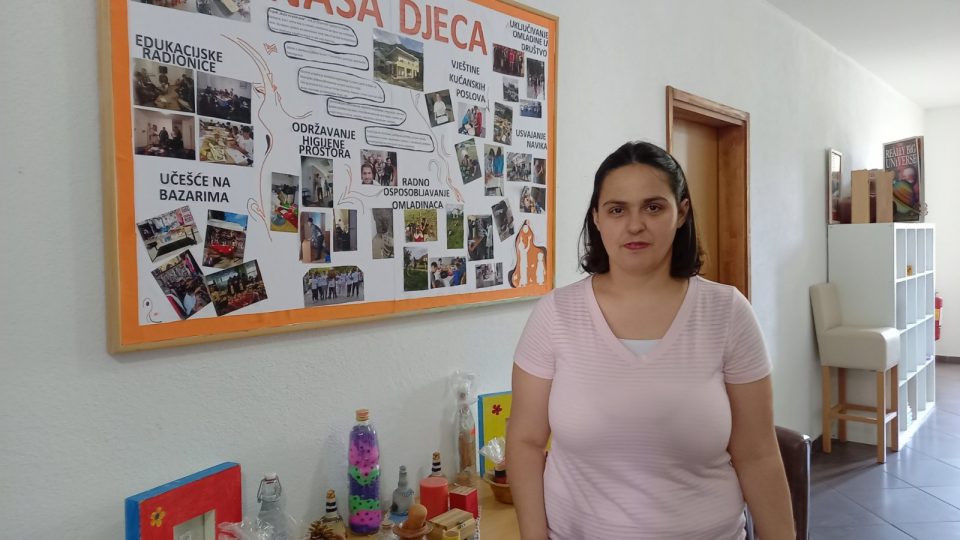
How to make and serve coffee
To develop business skills and work habits, they opened a second-hand boutique where the association’s beneficiaries work. The boutique receives donations of clothes and shoes from local citizens, and then the best and most beautiful modern items are selected. It all started with collecting clothes, and then, through the workshops Igru Prodavnice [Play Stores], they assessed the abilities of the girls and gave them tasks accordingly.
“One girl doesn’t know how to read and write, but she knows how to recognize colors and she keeps things tidy. Another girl goes to the bank, collects the earnings, and signs the bill. The third uses the cash register. The three of them complement each other,” explained Pehilj.
Another project called “Učim biti konobarica i šankerica” [I’m learning to be a waitress and a bar tender] is currently underway, which was launched with the aim of teaching young people with disabilities how to make and serve coffee. Kragulj said that they have practical jobs for this project as well.



